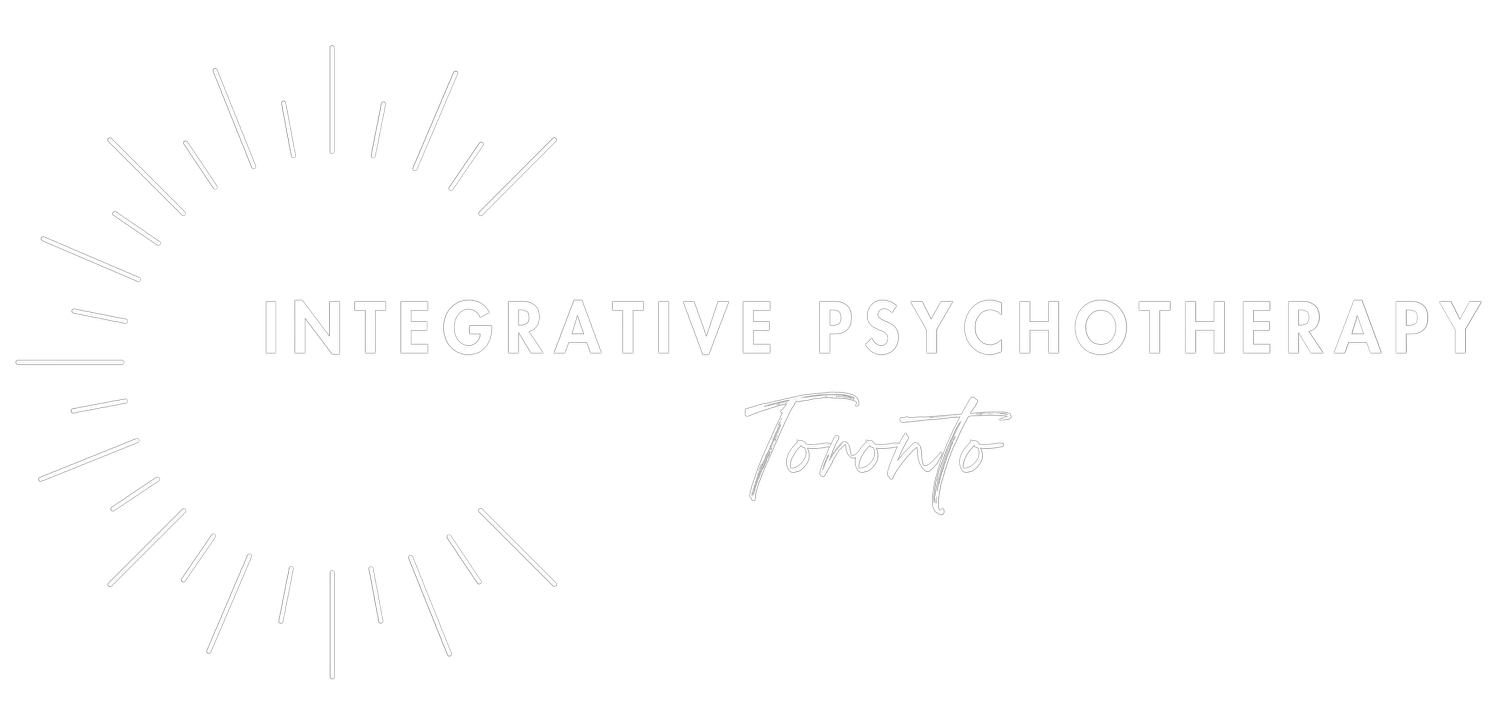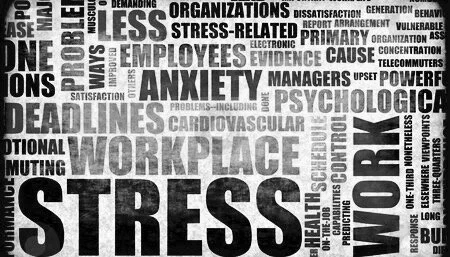Ever feel that constant edge, like waiting for an impending storm? Or perhaps navigating daily tasks feels like a perpetual battle, leaving emotions drained? If you can relate to this, you might be among those individuals who are grappling with anxiety or depression. We often discuss and diagnose these mental health issues, but what about the often-hidden companion? Undiagnosed Post Traumatic Stress Disorder (PTSD) quietly shadows those with anxiety and depression, and it's high time we shed light on it. While it's tempting to brush these symptoms aside as just part of the anxiety or depression traits, many are actually wrestling with undiagnosed PTSD. In this blog, we'll dive into this overlooked aspect, emphasizing the crucial need to identify and address it. Let's explore the silent struggle of undiagnosed PTSD and its impact on those living with anxiety and depression.
Understanding PTSD, Anxiety, and Depression
PTSD emerges from harrowing experiences, ushering in symptoms like flashbacks, nightmares, severe anxiety, and intrusive thoughts that stubbornly cling.
Anxiety involves an excess of persistent fear or worry, even in seemingly benign situations, often triggering avoidance and accompanied by physical manifestations like sweating or trembling.
Depression, a ubiquitous mental foe, manifests as persistent sadness, a loss of interest, shifts in appetite or sleep, feelings of guilt, and concentration challenges.
Overlap Between PTSD and Anxiety/Depression
PTSD and anxiety disorders alike manifest through pervasive worry or fear regarding future scenarios, often resulting in avoidance of specific situations or environments.
Intrusive, uncontrollable thoughts or fears are frequently experienced in both PTSD and anxiety disorders.
PTSD and depression can cause a sensation of numbness or disconnection from others, events, and surroundings.
Individuals with PTSD or depression may undergo significant changes in their sleep habits - either facing insomnia or excessive sleep.
Both PTSD and depression can exhibit symptoms such as a decrease in interest in previously enjoyed activities and unending feelings of guilt or worthlessness.
An impending sense of doom or relentless fear, often seen in anxiety disorders, can also be identified in individuals dealing with PTSD.
Physical symptoms like perspiration, shaking, vertigo, or accelerated heart rate can also be observed in both PTSD and anxiety disorders.
The Unspoken Link Between PTSD and Anxiety/Depression
Research underscores a robust connection between PTSD, anxiety, and depression. PTSD, rooted in traumatic soil, often acts as a catalyst for other mental companions. One may begin with PTSD symptoms, but as they persist, anxiety or depression may emerge. The constant state of fear and heightened alertness associated with PTSD fuels the worries and fears characteristic of anxiety disorders. Simultaneously, the enduring numbness, hopelessness, and detachment from joy in PTSD provide fertile ground for depression to take root. These conditions, in turn, engage in a complex dance, forming a cycle of mental distress that poses challenges for diagnosis and treatment.
Impact of Undiagnosed PTSD on Treatment
Undiagnosed PTSD casts a long shadow on treatment outcomes for anxiety and depression. Overlooking PTSD-specific symptoms in conventional treatments for anxiety or depression can undermine their efficacy. This oversight may lead to persistent distress, a compromised quality of life, and an increased risk of relapse. Moreover, undiagnosed PTSD can obstruct the development of essential coping mechanisms, making the navigation of daily life an uphill battle. Correctly identifying PTSD serves to refine treatment strategies, amplifying their effectiveness and facilitating the journey to recovery.
The Need for Comprehensive Mental Health Diagnosis
A meticulous diagnosis of mental health is indispensable. Beyond recognizing symptoms, a comprehensive assessment delves into their origins, interconnections, and their profound influence on the patient's life. This panoramic perspective empowers clinicians to tailor treatment plans, considering the distinctive needs of each patient. In the realm of PTSD, anxiety, and depression, this implies addressing both the individual disorders and their intricate interplay. Armed with this understanding, mental health professionals are better equipped to assist their patients in disrupting the cycle of these coexisting conditions, leading to more effective treatments and improved outcomes. Thus, advocating for thorough diagnoses in mental health is a stride towards tackling the challenge of undiagnosed PTSD and, ultimately, advancing mental health care.
The Path to Recovery: Confronting Undiagnosed PTSD with Integrative Psychotherapy Toronto
Conquering undiagnosed PTSD is a journey, not a destination. At Integrative Psychotherapy Toronto, we accompany you on this expedition with tailored treatments that honor your unique experience. Our devoted mental health professionals deploy an array of techniques, from cognitive-behavioral therapies to trauma-focused approaches. Together, we work towards forging effective coping strategies. With patience, perseverance, and the right support, you can dismantle the cycle of PTSD, anxiety, and depression, and reclaim your life.







